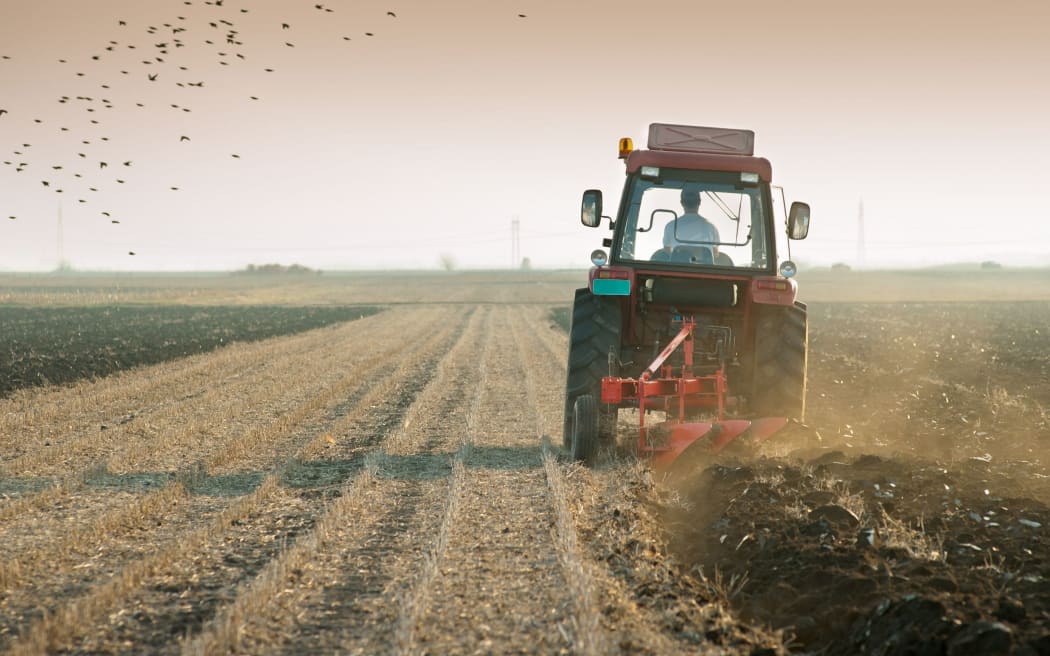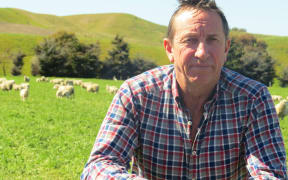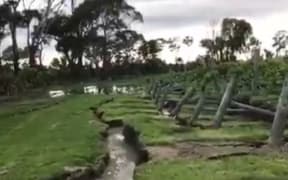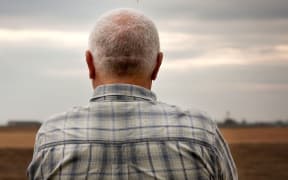A farmer who recently lost a family member to suicide is calling for changes to the way mental health is talked about.

Photo: 123rf
Sandra Faulkner farms just out of Gisborne and a member of her extended family took their own life last month.
The family and community were still reeling, and the farming sector needed to change the way it discussed mental health, she said.
Using the words "brain health" rather than "mental health" may help to remove the stigma and emotion around the topic, she said.
"I distinctly dislike the word mental. For my generation it has very negative connotations, and for generations either side of me as well, I suspect.
"The word 'mental' is an externality, it's not something that you can grab hold of and fix or shape, but if you were to talk about brain health and chemical imbalances, then suddenly it's something that makes perfect sense to farmers."
Farmers deal with chemical balances in soil and were constantly monitoring chemicals in their environments, and could potentially better relate to that wording, Ms Faulkner said.
People were quick to fix a broken leg, or sore back, and the same thinking needed to apply to brain health.
However, the farming community tended to shy away from asking if people were okay, especially when they appeared to be physically fit, or a high achiever in sport or business, which was the case for her relative, she said.
"[He was] a very, very successful farmer. A man who, from all accounts, had everything.
"I very quickly learnt that it can stem very easily from a broken brain. It took a lot of us by surprise."
Ms Faulkner said discussion was often focused on youth suicide, and how drug use triggered mental health issues, and there needed to be more discussion around people who have a chemical imbalance.
More focus on preventing mental illness, rather than cures, could also be instrumental in shifting peoples' thinking. She increasingly heard of husbands joining their wives at pilates, or yoga, to help with a bad back, she said.
"This sort of cataclysmic event within a farming family and community is devastating.
"I hope even if we can stop one or two families going through what we've been through, then we've achieved something."
Where to get help:
Need to Talk? Free call or text 1737 any time to speak to a trained counsellor, for any reason.
Lifeline: 0800 543 354
Suicide Crisis Helpline: 0508 828 865 / 0508 TAUTOKO (24/7). This is a service for people who may be thinking about suicide, or those who are concerned about family or friends.
Depression Helpline: 0800 111 757 (24/7)
Samaritans: 0800 726 666 (24/7)
Youthline: 0800 376 633 (24/7) or free text 234 (8am-12am), or email talk@youthline.co.nz
What's Up: online chat (7pm-10pm) or 0800 WHATSUP / 0800 9428 787 children's helpline (1pm-10pm weekdays, 3pm-10pm weekends)
Kidsline (ages 5-18): 0800 543 754 (24/7)
Rural Support Trust Helpline: 0800 787 254
Healthline: 0800 611 116
Rainbow Youth: (09) 376 4155
If it is an emergency and you feel like you or someone else is at risk, call 111.







